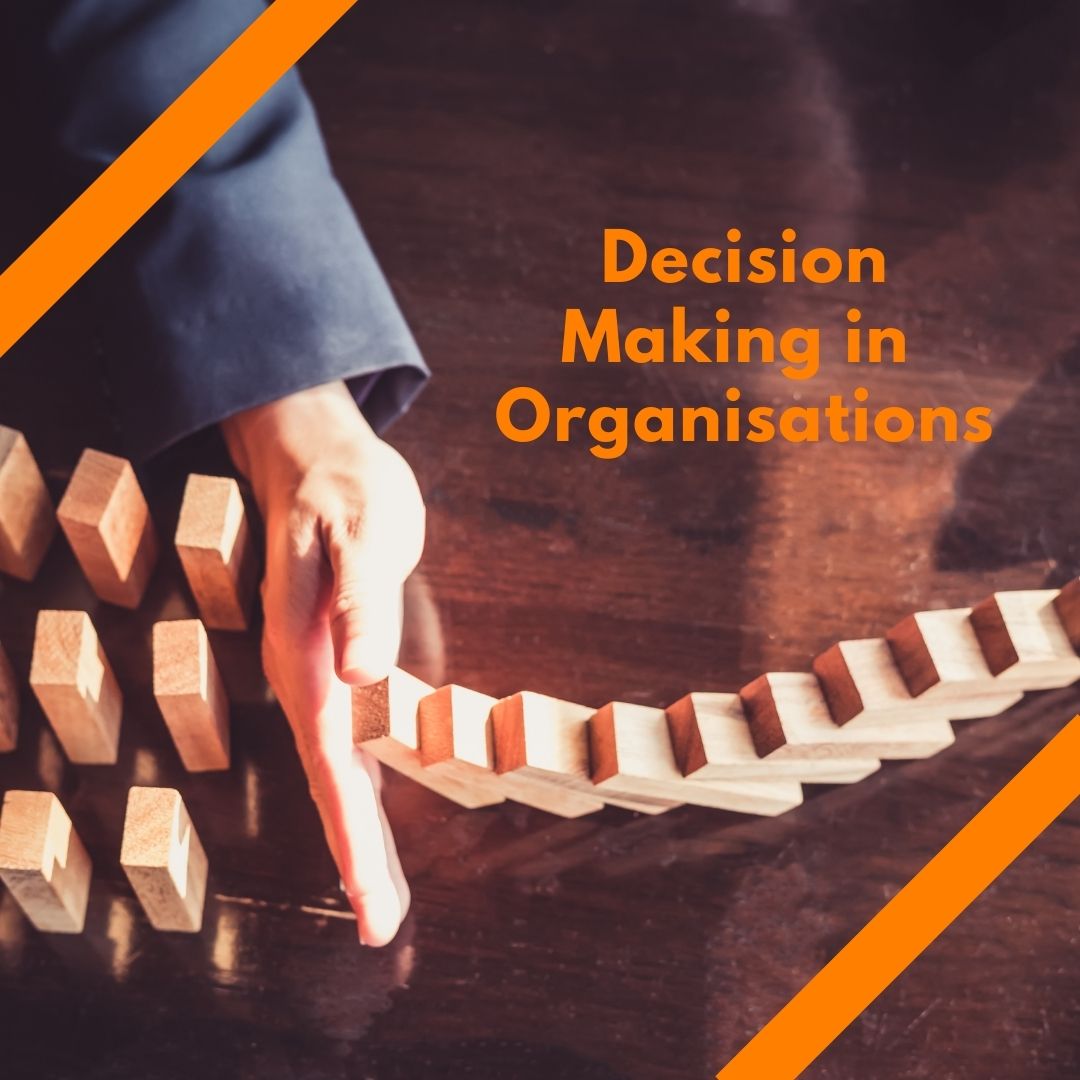how playing games can help do it better.
 The importance of making the right decisions at work is self-evident. Some decisions are challenging because of their complexity and the significant, long-term impact of their consequences, while others are challenging because they need to be made in an emergency, with incomplete information. The most difficult are a combination of both.
The importance of making the right decisions at work is self-evident. Some decisions are challenging because of their complexity and the significant, long-term impact of their consequences, while others are challenging because they need to be made in an emergency, with incomplete information. The most difficult are a combination of both.
Decision Making
Our ability to make decisions as individuals is a complex activity which provides a wealth of material for psychologists and neuroscientists to study; the way our brains have evolved to maximise our chances of survival over millennia have resulted in a set of instincts which are not always highly tuned to deal with the nuance and complexities of 2021. By playing games within organisations, we can start to overcome some of these predispositions, and train both as individuals and as teams to make better decisions, using analysis and brain power rather than gut feeling.
Business Decisions
Decisions come in a range of shapes and sizes. Thousands of low-level decisions are made by your team every day, most of them without troubling the conscious brain. The challenge at this level is recognising where focus and attention are required, where the consequences of an action could be long-lasting or important. At the opposite end of the spectrum are strategic decisions, taken with real intention to decide the direction of travel for the organisation and the priorities and context against which lesser decisions are made, including less obvious aspects such as ethical standards. Finally, there are operational decisions, through which the strategy gets executed; these are the daily problem solving by which the organisation achieves its goals. For each of these sets of decisions, gaming can provide a way to develop the knowledge, skills and experience needed for better results across the organisation.
Strategic Decision making
Effective strategic decision making needs to bring to life the complexity of the real world, in order to work out ends, ways to achieve them and the means required. By running a game in which members of an organisation can see their situation from different perspectives and through a range of scenarios, strategic decisions can be made which allow for agility and resilience in their execution. By involving more of the team in an activity which is inclusive by design, alternate options and novel ideas can be developed into innovative solutions, rather than just relying on the judgement of the same old executives. Even the simple action of creating time to work on strategic decision making will lead to better focus and attention, while including more people will allow for more diverse thinking. Established techniques such as red-teaming or using a pre-mortem can also be incorporated into the game
Decision making to solve problems
At the operational level, decisions are often about solving problems. Working through problems and scenarios against the backdrop of a well-crafted strategy and then reflecting on the decisions made and the path to them is a great way to develop confidence in members of the team who are new to taking responsibility for decisions and to identify those with potential for more. Gaming through decision making as a team is also a great way to develop consent, explaining through experience the reasons behind choices made. This consent building can be particularly useful as part of large-scale change management; people tend to resist change they can’t understand, and playing games is a great way to build that understanding.
Tactical decision making in organisations
When it comes to tactical decision making, the real challenge is in recognising which of the many little decisions are the ones which matter most. For many high-impact emergencies, established and well-rehearsed processes should be in place to simplify and accelerate actions in times of stress; gaming through these processes and exercising them in a realistic context is the best way to make sure people are ready and well-prepared when it really matters. For more routine decisions, games and exercises can still be used to practice smart decision making, while the involvement of tactical decision makers in strategic and operational games prepares them to think in a more informed, mature context.
At Evocatus, we have a wealth of experience preparing leaders and teams to make effective and coherent decisions in the most demanding environments. Get in touch with us for a conversation about how we could prepare your organisation to make better decisions.
